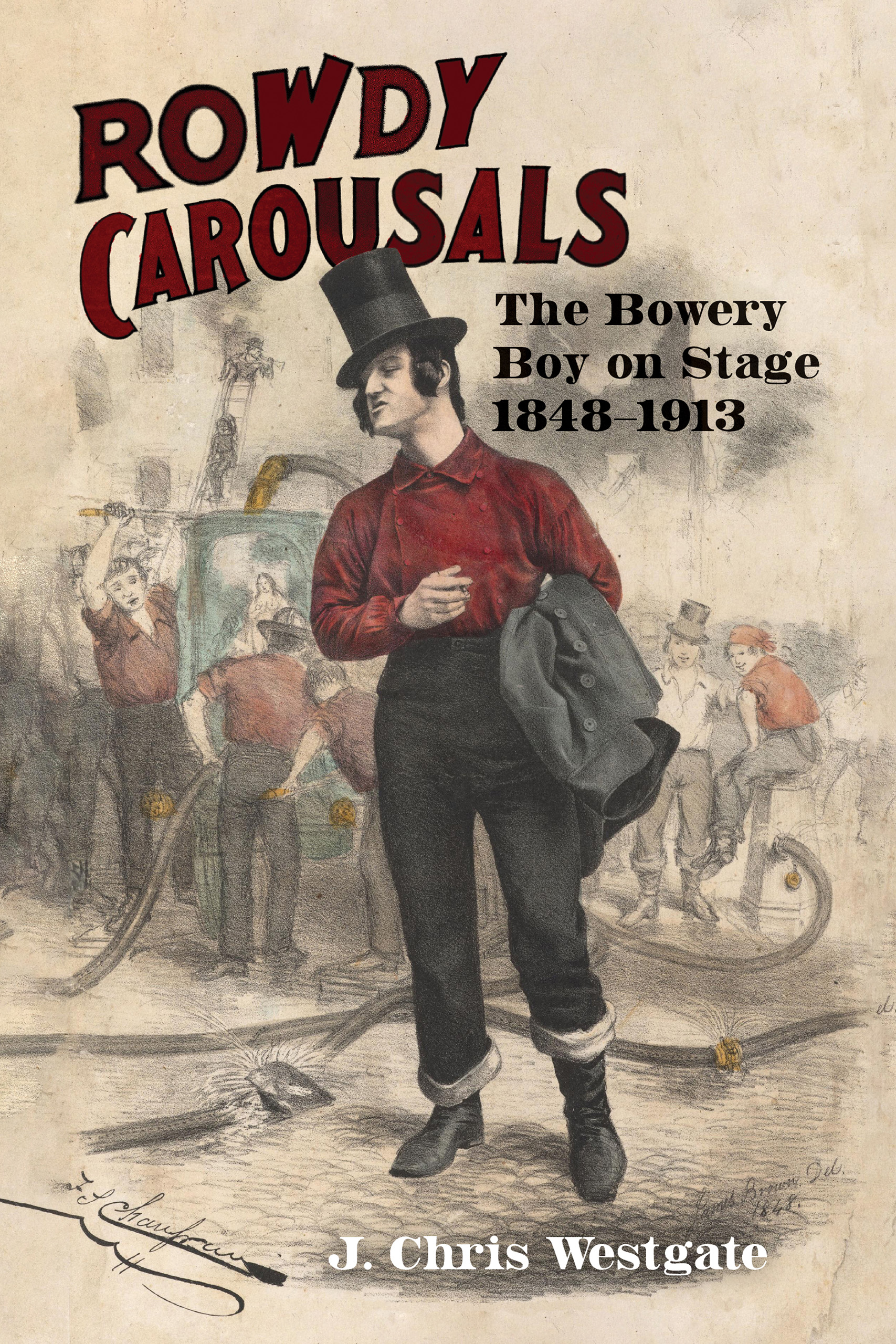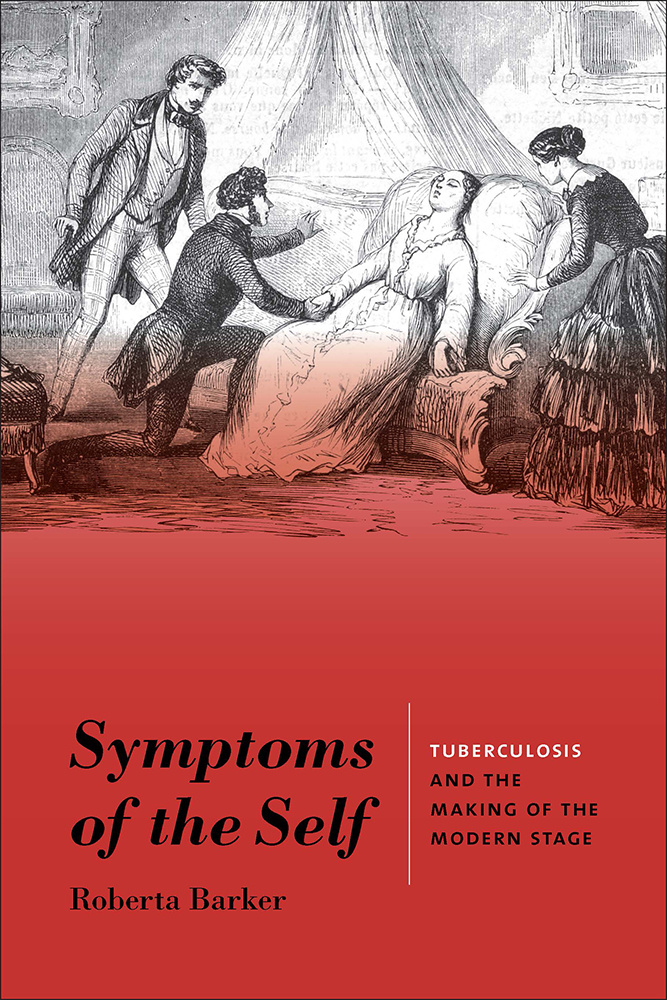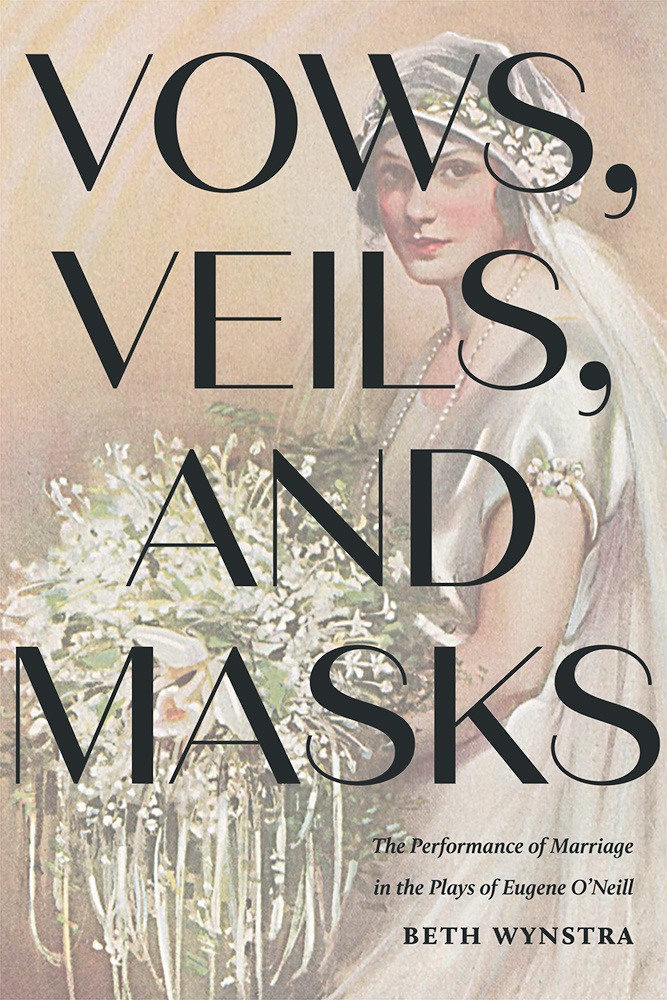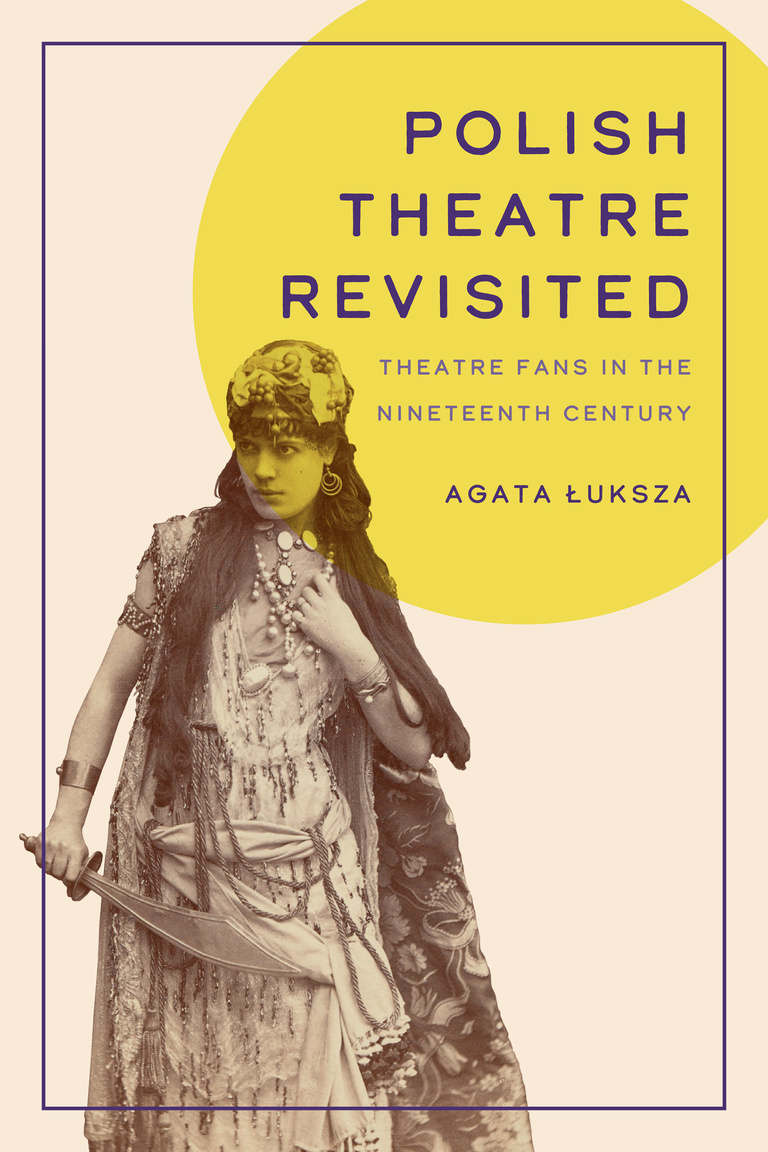Rowdy Carousals makes important interventions in nineteenth-century theatre history with regard to the Bowery Boy, a raucous, white, urban character most famously exemplified by Mose from A Glance at New York in 1848. Theatrical representations of the Bowery Boy emphasized the privileges of whiteness against nonwhite workers including enslaved and free African Americans during the Antebellum Period, an articulation of white superiority that continued through the early twentieth century with Jewish, Italian, and Chinese immigrants.
The book’s examination of working-class whiteness on stage, in the theatre, and in print culture invites theatre historians and critics to check the impulse to downplay or ignore questions about race and ethnicity in discussion of the Bowery Boy. J. Chris Westgate further explores links between the Bowery Boy’s rowdyism in the nineteenth century and the resurgence of white supremacy in the early twenty-first century.
“Westgate’s book presents a new and exciting history of a well-known figure in theatre history, the Bowery Boy. His detailed and careful research illustrates the Bowery Boy’s enduring influence on the representation of white working-class men and how the figure became intertwined in debates over race, class, and immigration.”—Michelle Granshaw, author, Irish on the Move: Performing Mobility in American Variety Theatre
“Exploring some of the nineteenth century’s most popular theatricals, Rowdy Carousals reveals the importance of urban subcultures to American cultural history—with their lively and sometimes troubling acts, Mose and his Bowery Boy cohort highlight the cross-class dynamics at the theatrical core of nineteenth-century philanthropy, urban tourism, and celebrity marketing.”—Peter Reed, University of Mississippi



